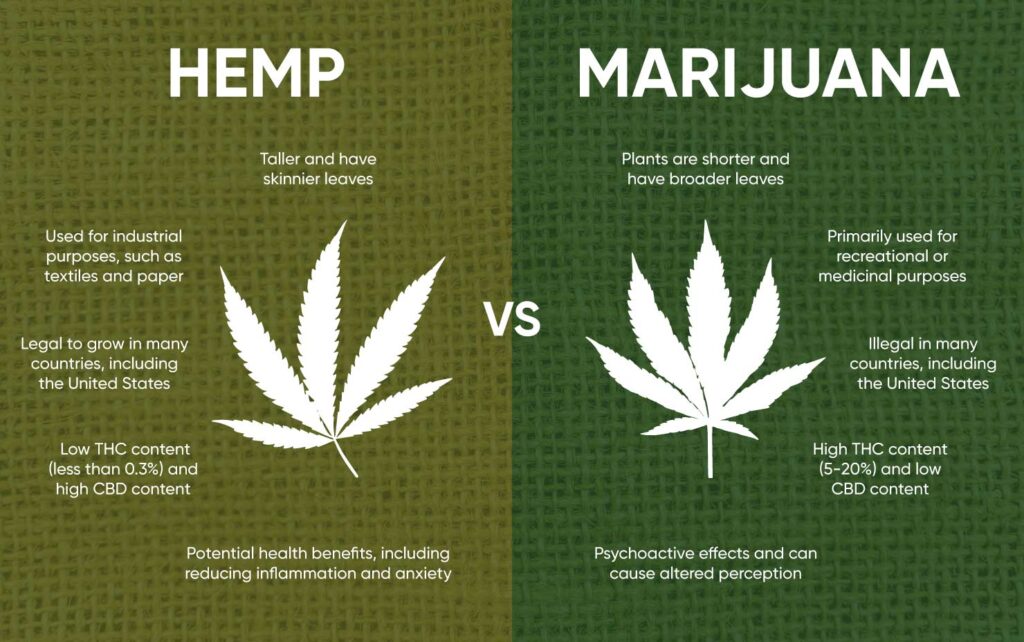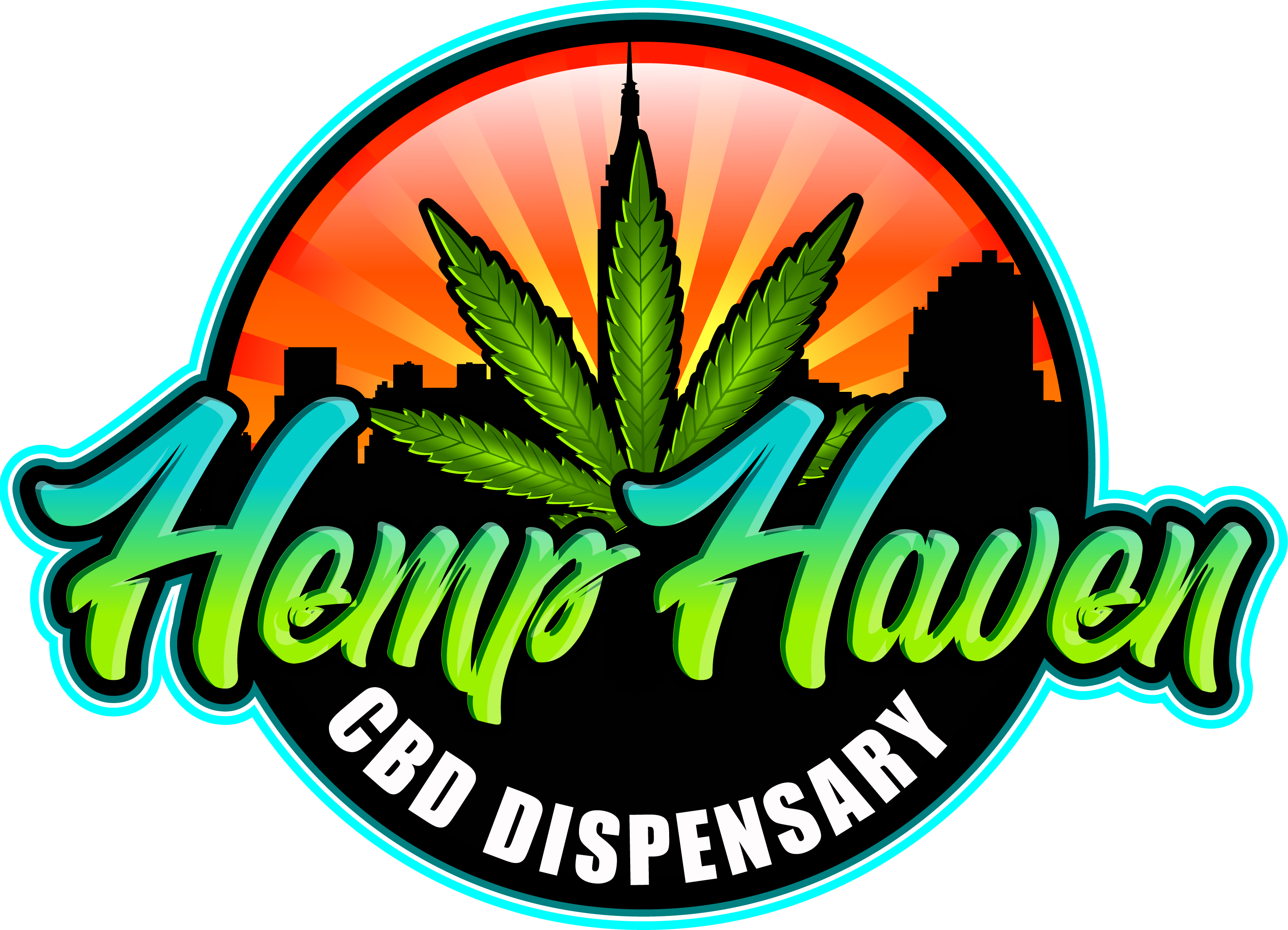There are numerous misconceptions and myths surrounding the topics of hemp and marijuana, which often contribute to the confusion between the two. It is crucial to unravel these misconceptions and debunk the myths in order to gain a clear understanding of their differences.
One of the most common misconceptions is that hemp and marijuana are the same plant. In reality, while they both belong to the Cannabis sativa family, they have distinct characteristics and purposes. Hemp is primarily cultivated for its industrial uses, such as fiber, paper, textiles, and building materials. On the other hand, marijuana is grown for its psychoactive properties, often consumed for recreational or medicinal purposes.
Another myth is that consuming hemp-based products will lead to the same effects as marijuana. Hemp-derived products, such as CBD oil, contain minimal levels of THC (tetrahydrocannabinol), the psychoactive compound responsible for the “high” associated with marijuana. These products are non-intoxicating and do not produce the same effects as marijuana.
It is also important to dispel the misconception that hemp is illegal. In many countries, including the United States, the cultivation and sale of hemp have been legalized, given its numerous industrial applications. However, regulations may vary from one jurisdiction to another, so it is essential to understand the specific laws and regulations in your area.
Furthermore, some people associate hemp with the negative stigma surrounding marijuana. This stereotype often leads to the assumption that hemp is a dangerous or illicit substance. In reality, hemp has been used for centuries and offers a wide range of sustainable and environmentally-friendly applications.
By addressing these misconceptions and debunking the myths surrounding hemp and marijuana, individuals can gain a more accurate understanding of these plants and their respective uses. This knowledge is essential for making informed decisions, supporting the hemp industry, and promoting the beneficial aspects of these versatile plants.
Understanding the legal status of hemp and marijuana is crucial in unraveling the confusion surrounding these two plants. While they both belong to the Cannabis family, they have distinct differences in terms of their chemical composition and the laws that govern their cultivation, sale, and use.
Hemp, characterized by its low THC (tetrahydrocannabinol) content, is legally defined as cannabis containing 0.3% or less THC on a dry weight basis. Due to its minimal psychoactive effects, Hemp is widely cultivated for industrial purposes such as textiles, paper, construction materials, and even food products. In recent years, the cultivation of hemp has been legalized in many countries and states, leading to a surge in hemp-based products flooding the market.
On the other hand, marijuana is cannabis that contains higher levels of THC, typically ranging from 15% to 35%. These higher THC levels are responsible for the plant’s psychoactive effects, making marijuana popular for recreational and medicinal use. However, the legal status of marijuana varies significantly across different jurisdictions. Some countries and states have decriminalized or legalized marijuana for medical and/or recreational purposes, while others still consider it illegal. It is important to note that the legal status of hemp and marijuana can change over time.
As more research is conducted on the potential benefits of cannabis, laws and regulations are continually evolving. It is crucial for consumers, businesses, and policymakers to stay informed about the current legal landscape to ensure compliance and understanding when it comes to hemp and marijuana-related activities.
By clarifying the legal distinctions between hemp and marijuana, individuals can navigate the complex world of cannabis with greater confidence and knowledge. This understanding is essential for individuals interested in utilizing the benefits of hemp or marijuana, whether it be for personal use, entrepreneurship, or advocating for legalization and regulation.
Thank you for taking the time to read! Please take a look around our website and read through our other blogs for more information about hemp, marijuana, and many other topics in the cannabis industry.
– Founder, Diana Padron
Table of Contents
Misconceptions and myths surrounding Hemp and Marijuana


